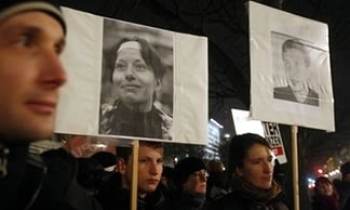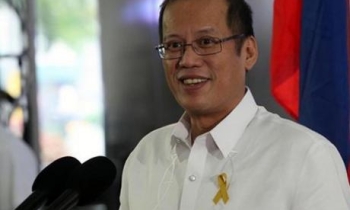The Council of Europe’s decision to adopt a treaty on access to information has created more ire than evoking support because of its "incomplete" and "unsupportive" status.
Without discussing issues pointed out by members of parliament, over 250 civil society groups, a dozen European information commissioners and several governments—the secretive approach of Council of Europe (CoE) has raised suspicion about its transparency. The treaty, the Convention on Access to Official Documents, was adopted on November 27.
"The council's decision to adopt the treaty flies in the face of concerns raised by parliamentarians representing over 800 million people in the 47 member states," says Toby Mendel of ARTICLE 19. "The council adopted a treaty that is significantly weaker than many existing European laws on the right to access information."
In October, the CoE Parliament of Assembly comprising delegates from 47 countries had identified flaws in the draft and asked CoE more time for redrafting. CoE, however, took the final call without any notification to the public or any civil society organisaiton.
The CoE secretary-general, Terry Davis, refused to give out any information about the meeting. He went on record, "Unfortunately, it is not possible for me to reply to your questions. . . . discussions in the Rapporteur Group on Human Rights are held on a confidential basis and the ensuing report is also restricted."
This, critics argue, contradicts the very essence of the treaty, “It’s more than a little ironic that the world's first international treaty on access to information is being decided upon behind closed doors," says Helen Darbishire, Executive Director, Access Info Europe. She goes on to argue, "The public has the right to know what is being discussed, and what positions our governments are taking on the treaty".
Access Info, ARTICLE 19, and the Open Society Justice Initiative, along with over 250 other civil society groups had repeatedly called for a stronger treaty and raised concerns about the lack of transparency surrounding CoE's rushed decision to adopt the treaty as well as the lack of any public discussion regarding the concerns raised by parliamentarians.
The world's first treaty on access to information, they assert, is unimpressive. It provides weaker guarantees for this right than many of Europe's laws. For example, the treaty applies only to a narrow range of public bodies, does not impose maximum time-limits for responding to requests, and fails to establish that those requesting information have a right to appeal to an independent body or court.
The problems increase with the text of the treaty which includes a restrictive definition of the documents it covers and the failure to place limits on the reservations that states may make to the convention's provisions. The latter is highly unusual for a CoE human rights treaty, free speech organisaitons have argued.
"We must now establish a monitoring body to oversee the convention and propose amendments which could strengthen the treaty in the future," says Sandra Coliver of the Open Society Justice Initiative. "CoE must ensure that a monitoring body for the treaty has the resources it needs to perform effectively."
Swedish Foreign Minister Carl Bildt, who chairs the Committee of Ministers, voted on November 27 in favour of the treaty. Coliver had said earlier, “Sweden's reputation as an advocate of transparency will be substantially tarnished if Bildt allows the treaty to be adopted in its current form without adequate attention to the concerns raised by civil society, information commissioners, and parliamentarians."









